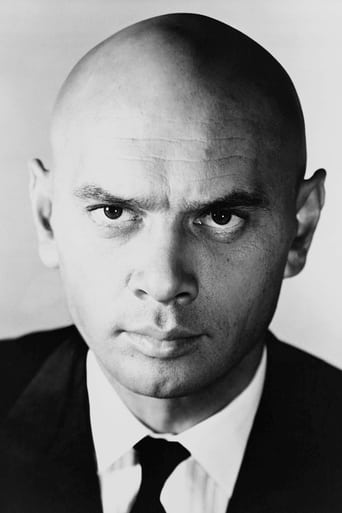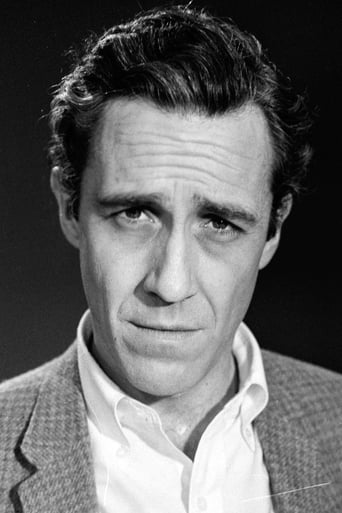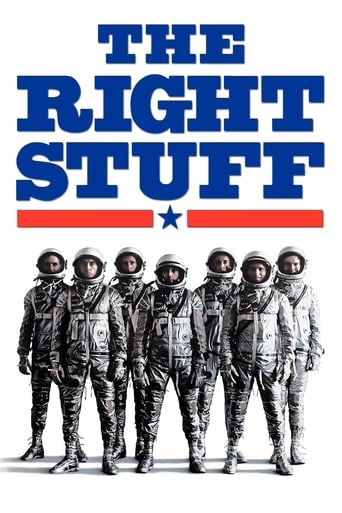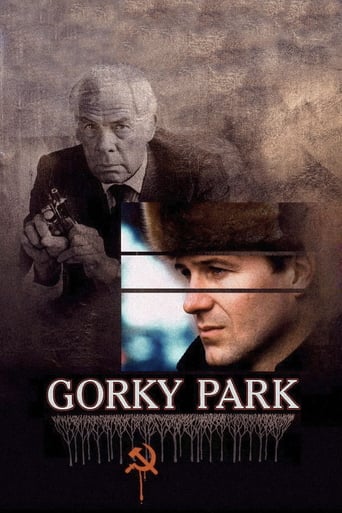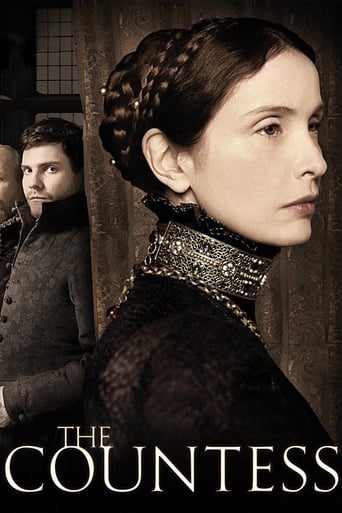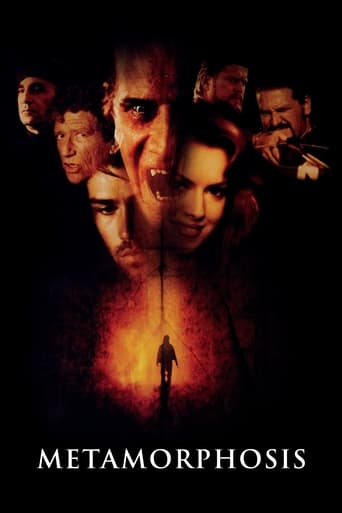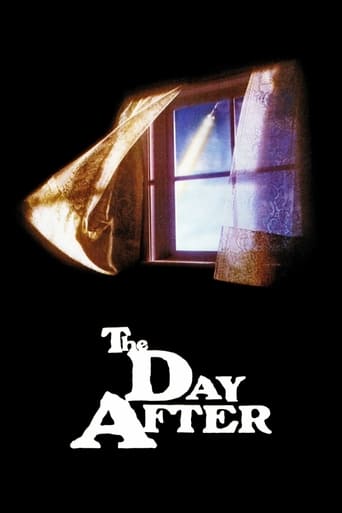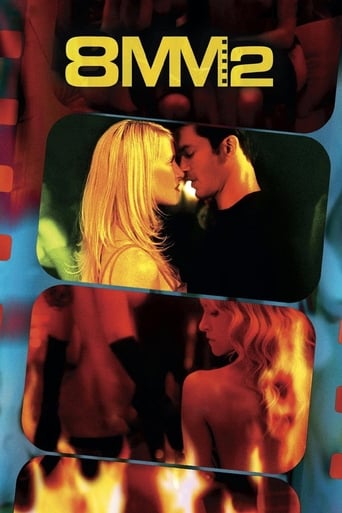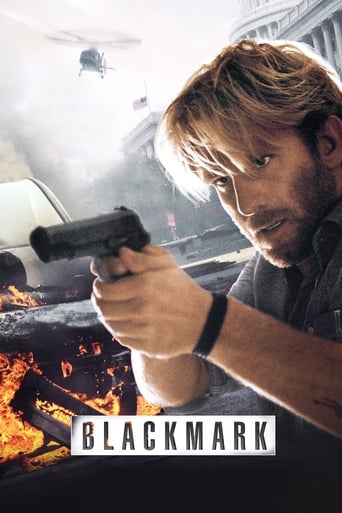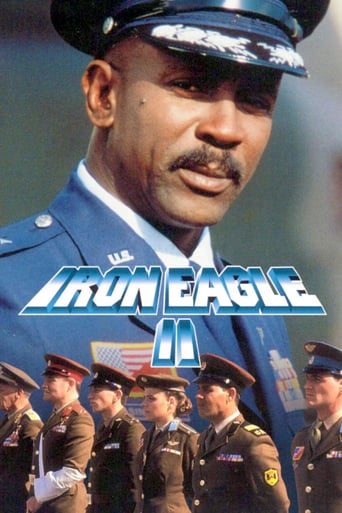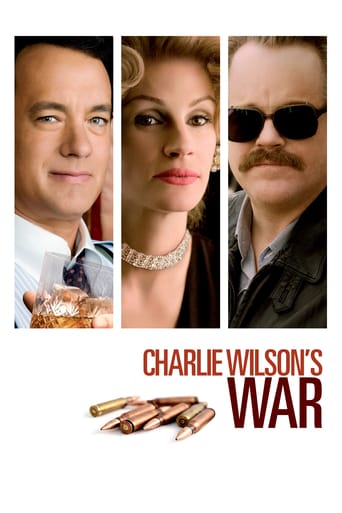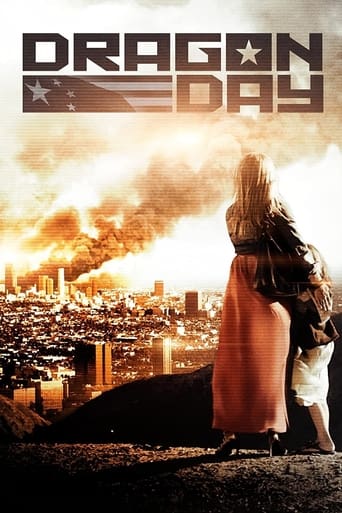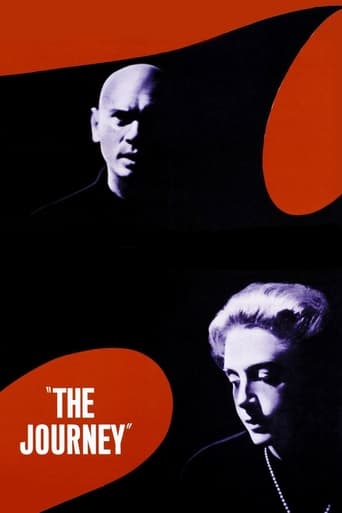
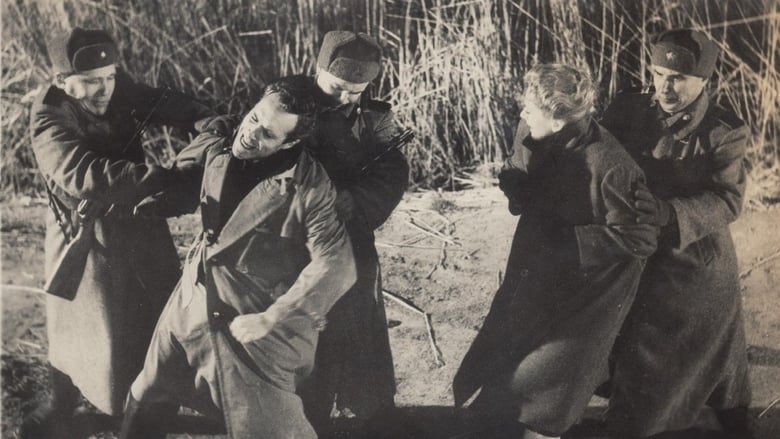
The Journey (1959)
A Communist officer falls hard for a married woman trying to escape from Hungary.
Watch Trailer
Cast


Similar titles
Reviews
I really like that this was shot on location in Vienna, it added a very real feel to it. Also, they used a number of European actors so physically they look authentic.I found it more like a play in that the timing of some of the happenings in reality would be next to impossible. Also like a play, and I'm surprised no one has mentioned this in their reviews, is that Yul Brynner is eventually killed by a Hungarian resistance fighter who looks almost identical to Deborah Kerr who he is obsessed with so I suspect there was some dark message in that, and come to think of it, it's even darker in that the same resistance fighter had just killed Brynners' horse the night before so that was a kind of premonition. The ending, if it were reality, would be just too much of a coincidence -- Brynner takes Deborah Kerr and her companions to a bridge and sets them free into Vienna but just after they cross the bridge, the Bizarro World Deborah Kerr freedom fighter emerges from the bushes and kills Brynner while he's getting into his jeep. How did she know he was going to be there at that exact moment? Anyways, aside from a few ludicrous coincidences, it's a decent movie worth watching in my opinion.
Even at the height of the Cold War, there were relatively few Hollywood films about the Soviet occupation of Eastern Europe; "The Journey", set during the Hungarian Revolution of 1956, is one of the few exceptions. A multinational group of foreign tourists find themselves trapped in Budapest by the outbreak of the revolution. There are no flights out of the country, but the Soviet authorities organise a bus to transport them across the Austrian border. They are detained, however, in a small border town by the local Soviet commander, Major Surov, and forced to stay in a local hotel. Among the group are an aristocratic Englishwoman, Lady Diana Ashmore, and her friend and travelling companion Henry Fleming. Although Fleming also claims to be English, and is travelling on a British passport, it soon becomes clear that he is an impostor. His real name is Paul Kedes and he is a Hungarian citizen who was imprisoned and tortured by the Communist regime. He was released from jail by the revolutionaries and is attempting to flee the country with the help of Lady Diana, his former lover. Surov is well aware that Fleming is not what he seems, but he hesitates to arrest him. A number of reviewers have commented on the links between this film and Guy de Maupassant's story "Boule de Suif", although the emphasis is rather different. In de Maupassant's story the main character was a prostitute and the moral dilemma confronting her was whether she should obtain the freedom of herself and her fellow passengers by sleeping with a German officer. (That story was set during the Franco-Prussian War). In "The Journey", the main moral dilemma explored is whether Diana should obtain the freedom of herself and her fellow passengers by betraying Kedes to the authorities (as some of them urge her when they discover the truth about his identity).Contrary to one reviewer's description of him, Surov is not "mean and nasty". The German officer in "Boule de Suif" is certainly a nasty piece of work; like many Frenchmen post 1871, de Maupassant clearly believed that Germanophobia was an essential element of French patriotism. Surov, however, is a more complex character, basically a decent man despite the nature of the regime he serves. During the Cold War it was unusual for a Red Army officer to be portrayed sympathetically by Hollywood; the West occasionally made films which portrayed Russian characters in a good light, but these were normally set either in pre-revolutionary Russia ("War and Peace") or based on works by anti-Communist writers such as Pasternak ("Dr Zhivago") or Solzhenitsyn ("One Day in the Life of Ivan Denisovich"). The film reunited Deborah Kerr and Yul Brynner, who had previously starred together in "The King and I". Both are good here, especially Brynner who brings out the various sides of Surov's character. He can be domineering and frightening, but also cultured and capable of decency. He has always been a dedicated Communist and a loyal supporter of the Soviet system, seeing the Russian forces in Hungary not as occupiers but as liberators who have freed the country from Fascism. He reacts to the Hungarian Revolution with the same baffled incomprehension with which a dedicated and conscientious British colonial official might have reacted to, say, the Mau Mau insurgency in Kenya or the EOKA uprising in Cyprus. For the first time he begins to question his loyalties as he realises that for many Hungarians the events of 1945 represented not liberation but merely the exchange of one form of oppression for another. Kerr's Diana is gracious and feminine as well as strong-minded and determined. The film also features a number of other well-known names- E.G. Marshall, Ann Jackson, Jason Robards, Anouk Aimee-, some of them in only minor roles. One contribution which stood out was from Robert Morley as the pompous, officious Englishman who appoints himself the leader of, and spokesman for, the group of travellers. My main problem with the film is that it perhaps tried to follow de Maupassant too closely by having Surov fall in love with Diana, thus giving him another reason to detain the travellers for as long as possible. For me the Surov-Diana-Kedes love triangle was an unnecessary diversion from the film's more interesting political themes. I felt that the film might have been more interesting had it tried to explore the causes of the Hungarian Revolution in more detail. I have no problem with a film which portrays an individual Soviet officer in a good light, but I felt that the character of Surov needed to be placed in context. Had all Soviet officials in the country, and their counterparts in the Hungarian Communist Party, been as liberal and decent as he then the Revolution would never have broken out. Hungarian viewers may well feel annoyed that one of the most tragic- and heroic- episodes in their country's history, their fight against an oppressive Stalinist regime, is here reduced to little more than the background to another flirtation between the stars of "The King and I". 6/10
The screenplay borrows more than a fair share from Guy de Maupassant's "Boule de Suif" ,mainly towards the end ,when the tourists start to accuse the heroine:"He wants something from you".No matter if "Boule de Suif" takes place in France after Sedan Deborah Kerr portrays a distinguished English lady (instead of a prostitute ) and Yul Brynner a Russian major (instead of a Prussian officer).This movie has often been referred to as anti-communist ,but now that we know what the commies have done ,it has become irrelevant .One should remember the director's personal history:a Russian Jew who emigrated to Germany ,then France where he made commendable works ("L'Equipage" "Coeur de Lilas" "Mayerling" ),then Hollywood where he took part in anti-Nazi propaganda ("confession of a Nazi spy") ;after the war he continued in that vein with the stunning "decision at dawn" where a German soldier came back to his country and discovered the damage done.Oddly,three of his last movies were "all thing eastern" : it began with "Anastasia" ,continued with this film and the trilogy ended with the implausible "night of the generals" In "Journey" ,while updating Maupassant ,introducing a French character (a student played by Maurice Sarfati),using several other French actors (Anouk Aimée as a Hungarian rebel who wants weapons ,not chocolate and Gerard Oury as the inn-keeper:we can wonder why ..),Litvak shows his infatuation with France where he made 6 movies in the thirties and where the action of his (average) "act of love " takes place."Journey" suffers from an implausible happy end which comes at the most awkward moment.The tragedy has turned into a Harlequin romance. But there are several good moments (particularly the scenes between Kerr and Brynner who had teamed up two years before and those between the actress and Robards)which deserve your undivided attention.Like this?try these:The red Danube George Sidney 1949Man on a tight rope Elia Kazan 1953Mademoiselle Fifi Robert Wise 1944 (based on Maupassant's "Boule de Suif" and the eponymous short story)
Most people will consider that Yul Brynner's greatest performance was as the ruler of Siam in THE KING AND I. Certainly it gave him a wide variety of moods to test his abilities in, from comic, to tragic, from eager to learn to dominating to hateful. It also showed him to advantage as a "talk singer" and a dancer. Finally, as it was also his Tony Award winning performance from Broadway, the film allowed us to capture something of the great Broadway performance as well.But he did other movies that showed his talents as well as THE KING AND I. His comic turn in ONCE MORE WITH FEELING was quite nice. So was his performance as General Bunin in ANASTASIA, or his Ramses in THE TEN COMMANDMENTS. Yet he came terribly close to being a 1950s successor to Eric Von Stroheim as "the man you love to hate." A certain vulnerability in his acting and roles endeared him to the movie public, even after his best years as a star were behind him - and he retreated more and more to repeating the King of Siam on television and the stage.To me, his finest performance is in this 1959 drama with Deborah Kerr, Jason Robards Jr., Robert Morley, E. G. Marshall, Anne Jackson, and Ronnie Howard. The film is set in pretty modern times - the powder-keg that was Hungary in 1956, when briefly it looked like the Iron Curtain was about to collapse there under the reforms of Hungarian patriot Imre Nagy and his supporters. But the Hungarian Revolution collapsed due to bad timing. The Russians and their Polish and East German allies sent tanks in to crush the revolt (and arrested and executed Nagy and other reformers). The West stood by and let this happen: England and France had gotten caught in the Suez crisis, and the U.S. had berated them and Israel for attacking Egypt. Due to the actions of three close allies of the U.S., the West found it hard to condemn the overkill of the Soviet Union. It was an unfortunate situation, and the Hungarians have never forgotten how they were abandoned in it.In the film Brynner is Major Surov, a Russian intelligence officer who is watching for some of the leaders of the Hungarian revolt, one of whom is Paul Kedes (Jason Robards). Kedes may be getting assistance from some westerners on a bus tour through Hungary, led by Robert Morley (including Marshall, Jackson, and Howard, and Kerr). The latter are being kept in a hotel while their bus is being repaired, and Brynner mingles with them, hoping for a lead to the whereabouts of Robards. But Brynner is human - he tries to be ingratiating with these people (all of whom see him as a monster), and in sequence, when he has drunk a little too much, he confronts them with the questions that has bothered historians since 1945: How is it (even if one notes that Russia had Stalin in charge) that relations between Russia and the West collapsed so quickly? The allies, on the whole, had worked well together from 1941 to 1945, but after Yalta and Potsdam all types of mutual suspicions just erupted. Did they have to? Surov is a good officer, but he is torn in half by loyalty to the Communist regimes in the Soviet Union and in Hungary that he supports, and his growing fondness towards Kerr, who is hiding Robards but is also willing to note the more human side of the Russian major. And as the film reaches it's tragic climax, we watch as Surov has to decide if he will follow his sense of duty, or take pity on Kerr, Robards, and the other westerners who want to leave. It becomes a true struggle for him - and one that he may win far too late. It was a great film about a tragedy of post war Europe, and possibly the most thoughtful role Yul Brynner ever portrayed.



